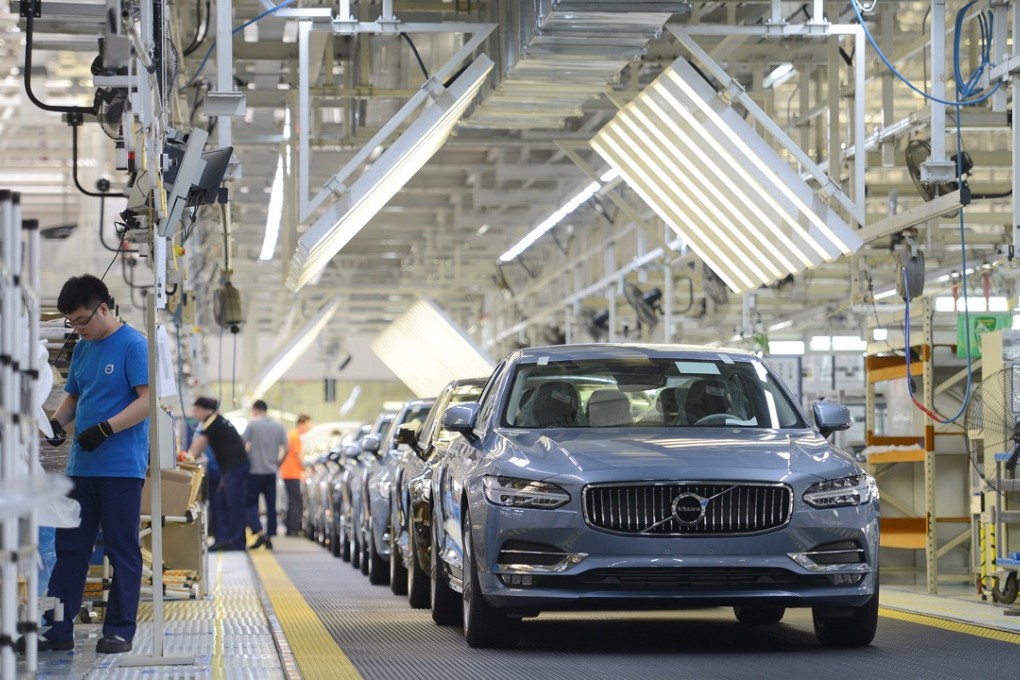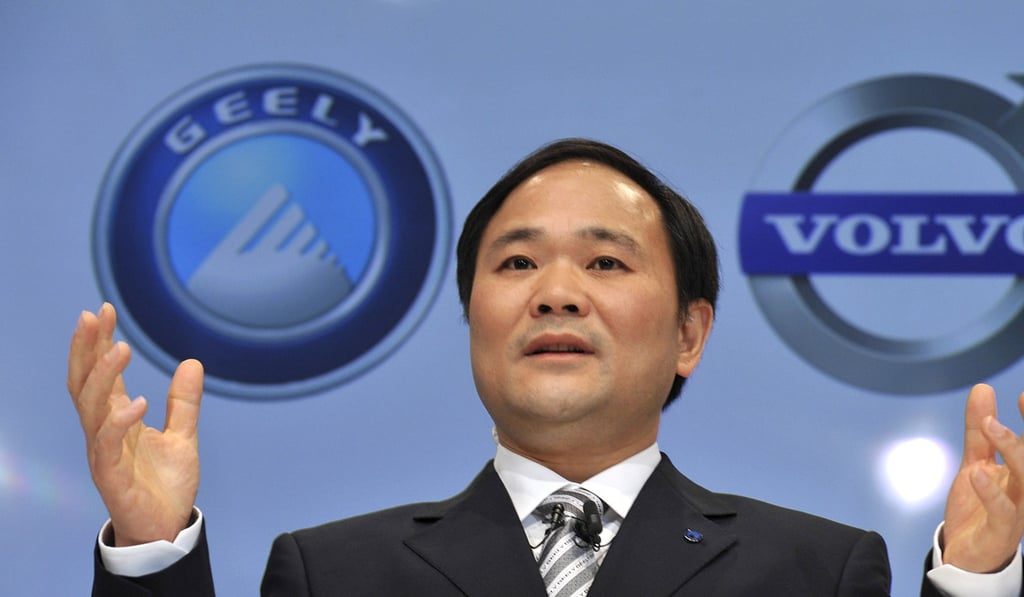Geely: Higher tariffs will hurt Volvo Car customers globally
We will have to produce a higher number of cars locally, Zhejiang Geely and Volvo Car chairman Li Shufu tells Belt and Road summit

Li Shufu, chairman of Zhejiang Geely, which owns Volvo Car, said on Thursday higher tariffs on imported cars resulting from escalated trade tensions between the United States, Europe and China will ultimately hit end users of the high-end Swedish vehicles. Li, who is also chairman of Volvo Car, was speaking at a Belt and Road summit in Hong Kong.
He said Volvo had enjoyed better economies of scale because tariffs were low and it was able to diversify its production base for different car models across continents.
“However, when tariffs are high, it means that for all our production bases located in China, Europe and the US, we will have to invest in producing a higher number of car models locally [to avoid higher tariffs],” he said. This would hurt car buyers, because manufacturers will have to pass on higher costs to consumers.
The carmaker, whose manufacturing operations were previously limited to Europe, is in the midst of expanding production globally. In China, which produced 21 per cent of Volvo cars in 2017, it has plants in Chengdu, Luqiao and Daqing. The company is also ramping up production capabilities in the US this year with a new factory in Charleston, South Carolina.

Li said if Beijing were to raise tariffs on imported US cars, this would hurt customers of Volvo in China. Similarly, tariffs imposed on European Union car imports by the US will make carmakers pass costs on to end users, he added. While Europe, at 50 per cent, was Volvo’s biggest market by sales in 2017, China accounted for 20 per cent, and the US, 16 per cent.